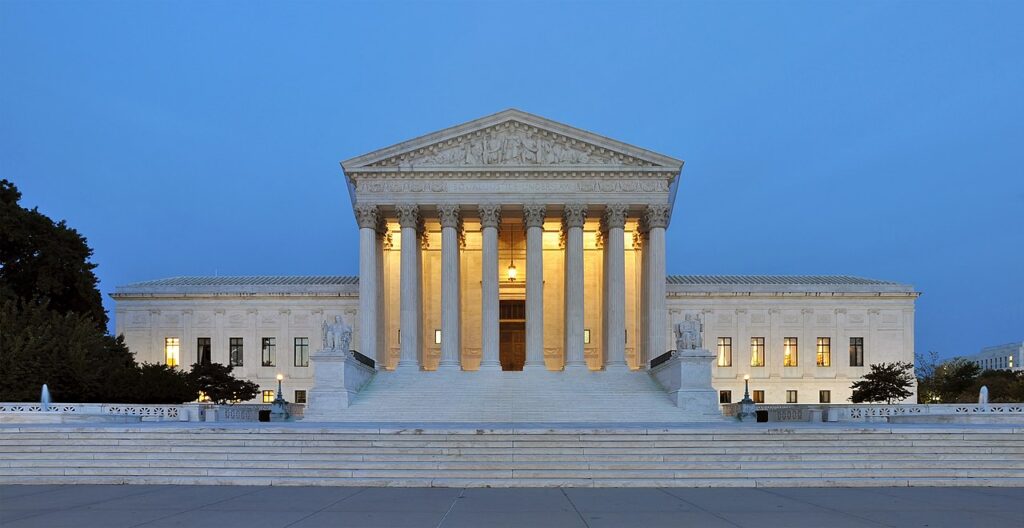Another major decision on gun laws has been issued by the nation’s highest court.
By Bob Unruh, WND News Center
This story was originally published by the WND News Center.
The U.S. Supreme Court has shot down a Massachusetts gun control law, overturning a lower court’s approval and returning it to the 1st U.S. Circuit Court of Appeals for a determination that aligns with the high court’s recent precedents.
Fox News reported the state law imposed severe restrictions on the ability to purchase – or even have – handguns.
The report explained among the state requirements was the purchase of a license in order to possess a pistol.
“The law also includes a lifetime ban on purchasing handguns on anyone convicted of a nonviolent misdemeanor involving the possession or use of guns,” Fox said.
Originally, a trial court found the law constitutional, but the Supreme Court this week ordered that decision to be ignored, and said the case should return to the 1st Circuit “for further consideration in light of New York State Rifle & Pistol Assn., Inc. v. Bruen.”
That result ended up with the rejection of a similarly restrictive New York law demanding people demonstrate “proper cause” if they wanted to exercise their 2nd Amendment rights to a concealed handgun permit.
“The constitutional right to bear arms in public for self-defense is not ‘a second-class right, subject to an entirely different body of rules than the other Bill of Rights guarantees,’” Justice Clarence Thomas wrote for the 6-3 majority at the time. “We know of no other constitutional right that an individual may exercise only after demonstrating to government officers some special need.”
Fox explained that ruling was thought to be a “landmark” in 2nd Amendment jurisprudence, opening the door for a multitude of challenges to state limits.
The New York fight concerned the state’s 1911 Sullivan Act demanding that someone who wanted permission to carry a weapon show “proper cause.”
The result of that case was, effectively, that possessing a pistol in public is a constitutional right under the 2nd Amendment.
It focused on allowing states to include objective criteria for permission, such as passing background checks, and banning “may-issue” schemes by states that include arbitrary evaluations from local or state authorities.
The Supreme Court’s active precedents include the District of Columbia v. Heller, which held that U.S. citizens have an individual right – not linked to a “well-regulated militia” – to possess guns within their own homes, and McDonald v. Chicago, which confirmed this was a right that was incorporated against the states.
The most recent cases involve the possession of a weapon outside of one’s home.



